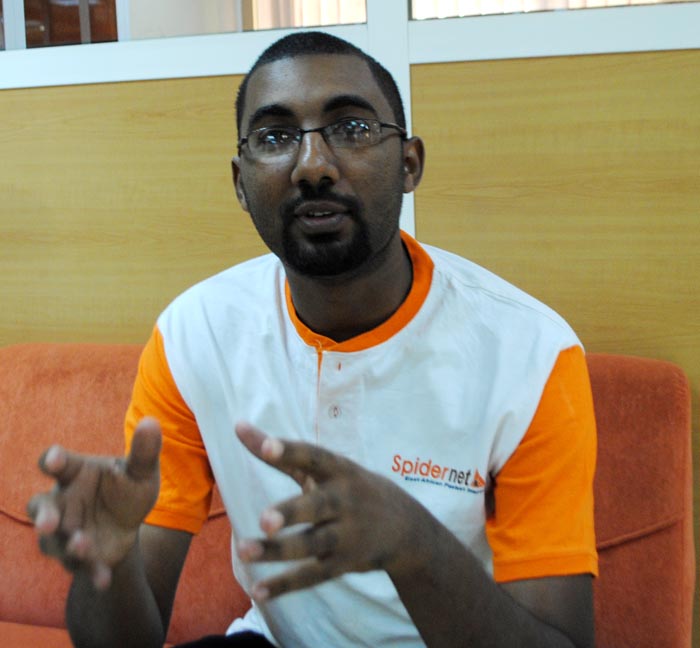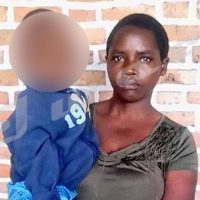Descendants of Omani nationals have found themselves at risk of statelessness in Burundi after so many years living in this country.Theyface difficulties in getting papers and are not eligible to thesame privileges and rights that Burundi’s citizens receive.–By Yves Didier Irakoze
Ahmed Salum, a representative of Omani living in Burundi, says their life is not easy. “My parents came in Burundi many years ago. I was born in Burundi, but till now I don’t have papers. I’m not recognized by my parents’ country nor by the country I live in”, Ahmed sayssadly. He goes on saying that they don’t know where they belong. “We survive. We can’t travel, because we don’t have papers. Without them we can’t get a driving license, let alone a passport”, he says.
“The government of Burundi provides us with a temporary residence permit in partnership with the UNHCR, but we can’t present this document to get a passport or any administrative documents. We don’t have the same rights and privileges as citizens of Burundi.”
Ahmed Salum says that he appreciates that the government of Burundi allows them to stay in Burundi, but emphasizes that they need more help in order to get them back home to Oman. “Burundi knows our origins and can testify that we are from Oman. We thank Burundi because it raised and educated us. Now the government can help us to back home. Even if we would get Burundian nationality, we would still be called names or considered foreigners, because of our skin color. And that is very stressful.”
Statelessness
According to the 1954 Conventionrelating tothe status of stateless persons, a stateless person is somebody who is not legally recognized as a citizen by any state. Among stateless people there are those who are called ‘de facto’ stateless; they haven’t been officially denied a nationality, but simply don’t have the means or the possibility to prove their nationality, they don’t possess identity papers nor enjoy the same rights as national citizens in their country of residence.
Burundi’s stateless persons appear to be only of Omani descent. The 2011 survey by the National Office for the Protection of Refugees and Stateless People (ONPRA) and the UNHCR found1302 people of Omanidescentliving in Burundi:622 women and 680 men and 590 people affiliated with the stateless -for example spouses or children- who have nationalities themselves (Burundian, Congolese, Indian, Pakistan). Among them 1,237 were born in Burundi, others in Rwanda, DRC,Tanzania and in Oman. Most of themare based in Bujumbura city and in some countryside provinces like Gitega, Ngozi, Muyinga, Bururi and Karusi. The Omani who have been recorded by ONPRA during their 2011 study, received temporary residence permitfrom the Government of Burundi, renewableeach year. But there are others that remain unrecorded.
Because they lack a permanent residence card, these people live in ongoing uncertainty regarding their legal status. This situation impacts heavily on their civil-, political- and economic rights, as well as their social and cultural status,
“That is the reason why the UNHCR and the government of Burundi chose to raise this issue; in order to set up laws to protect this group of people,because they live without legal protection. Until now, this issue didn’t cause any major problems, but they need to be protected”,says AlixNijimbere, UNHCR Public Information Assistant.




















 IWACU Open Data
IWACU Open Data

